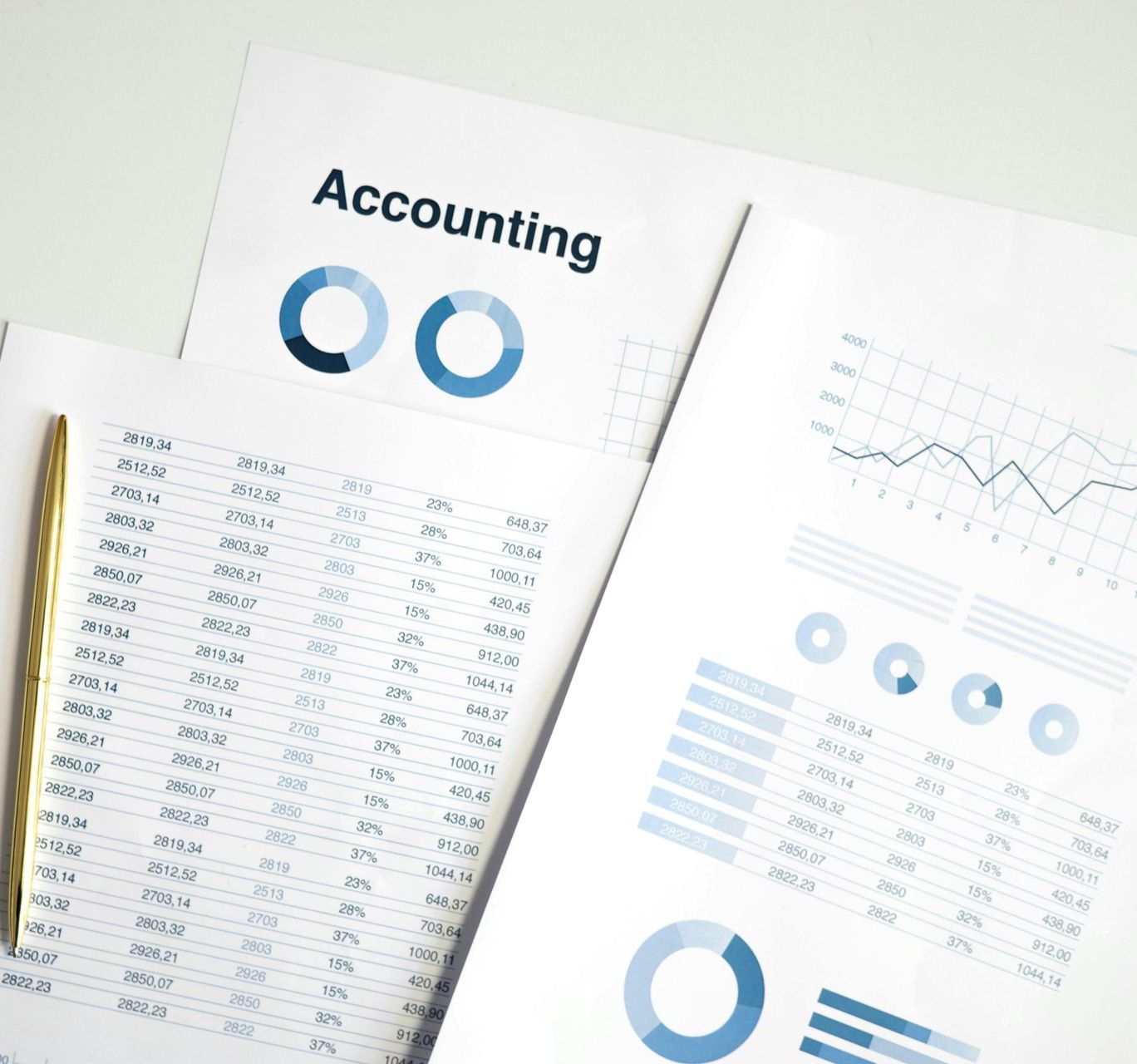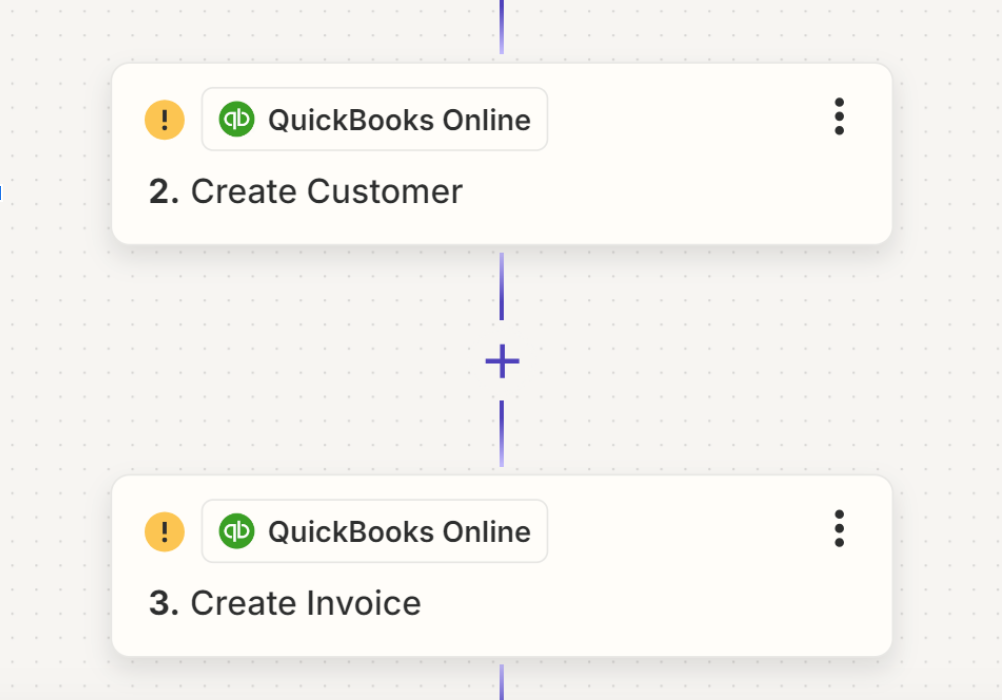Understanding Accrual Accounting
As our client base at GrowthLab continues to expand, we have seen an increased amount of clients that use true accrual accounting for their operations. Many of our small business clients use cash accounting, where revenues and expenses are recorded as cash is exchanged. Accrual accounting, however, records revenues and expenses as they are incurred. From a sales reporting perspective, this is important, as a client may not collect on all of their sales as they happen, and they can gain a history and reporting of their sales when they happened, as opposed to when their customer ends up paying. This holds true with businesses that afford their clients terms, and maintain a list of receivables throughout the year. For a retail based business, it would be important for them to know when they expect most of their sales to happen so they can properly house inventory to meet customer needs. For a service based industry, such as a landscaper, maybe it’s best to know to have availability during the spring and fall cleanup times, versus the middle of winter.
By using this method with expenses, a client is able to better track and plan for expenses on a monthly basis. This also allows a business to properly forecast for their cash flow, if they know to expect certain bills on a monthly basis, and when those bills due dates generally fall. If a client either pays there bills as cash flow allows, on a cash basis client, this will result in a higher expenses in the month(s) when those bills are actually paid. Some of the biggest instances where this method can make an impact on reporting is rent, utilities, insurance policies and year end reporting. In instances of rent, this assures that a rent expense is recorded during each month on the
P&L. This would not indicate multiple month’s rent, during one reporting period, if the business had to pay multiple months in advance, or in back rent. This method also allows a business to properly forecast their cash flow, if they know to expect certain bills on a monthly basis, and when those bills due dates generally fall.

What is the difference between Cash vs Accrual Accounting?
Cash and accrual accounting are two types of financial reporting methods, and their difference lies mainly in how they recognize revenue and expenses. Cash accounting records revenue and expenses when a payment is made or received, while accrual accounting records them when they have been earned or incurred. This can have significant implications for business finance and reporting, which is why choosing the right method for your business is essential. Cash accounting is more straightforward and works best for businesses with simpler operations or those
In the case of utilities (for this we will include gas/oil (heating), electric, and telephone), using this method can be a key indicator in reporting. If a client receives a gas bill in February, it may be a higher bill than the one they receive the following month in March, as the weather warms up and less use of heating is required. That bill is to be recorded as such in February to show a higher gas usage during that month, which is also key for comparative reporting. For a cell phone, perhaps a client goes on a trip and incurs additional charges for data usage, roaming, etc. That bill should be recorded as such to provide the client with a report that can show actual expenses incurred for that time period. Higher level accrual accounting would not just record the bill on the date of the bill, but actually adjust the expense based on the usage dates on those bills.
At year end, accruals can be a very important piece to the clients final bottom line for the year. Clients may receive bills in January, and sometimes later, for expenses incurred in the previous year. Some of the most frequent instances could be repair bills, legal bills, or services bills. Many times you will also see legal bills that come in for services performed in the prior month. As such, those expenses should also be accrued into the prior period. The same types of adjustments would be necessary if a client pre pays for services. This could include paying an insurance policy in full, or putting a deposit on a future purchase, service, or event. In these instances, the proper step would be to post these items through a Prepaid Expense, an asset account, and then to expense at the proper time.
Cash Basis
Revenues are recognized when cash is received and expenses are recorded when cash is paid.
Accrual Basis
Revenues are recognized when earned and expenses are recognized when incurred.
Do I Need Accrual Books Instead of Cash?
Believe us, we get it. Cash accounting is simple. You only record earnings and expenses when cash comes and goes out, right? We’re not saying cash accounting is bad, it serves its purpose and lays its cards on the table. But for several reasons, many businesses prefer accrual accounting to report their financials or if push comes to shove in court of law, there’s a paper trail to back up their income. Using accrual accounting insights, you can keep tabs on your business’ financial health and stay in forward motion. You can make predictions about the value, growth, and potential revenue of the business. Plus, report expenses according to when they occur. By doing so, you get ahead of schedules so bills don’t pile up; you know you have to save money if you’re having a low-sales season.
Other Blogs Related to Small Business Accounting






